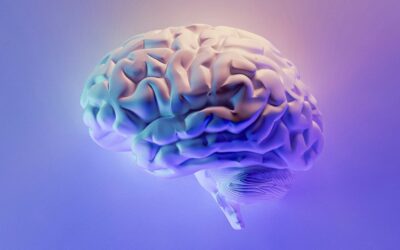After taking six exams in six months–seven in total, factoring the part 1 chiropractic boards which seemed to have happened ages ago–I feel like I have learned a thing or two about taking tests, and thought I would share some of my best tips:
- Have a plan. It’s good to get an idea of what you need to know for the test and then set aside time each day to look at things. This does not have to be a lot of time; if you start early, you could spend 30 minutes a day, and it would be more than enough. I liked using checklists to keep track of what I had been looking at, and if there were something that I felt shaky on, I would mark that down as well so I could revisit the subject later. It’s also good to track what time of day you feel at your best when you are most alert and focused and arrange the schedule accordingly so that you make the best of the time spent.
- Know when its time to quit. Check-in with yourself. Are you retaining any of this? How focused are you? This rule applies when you should stop looking at things before the test itself. I usually make my cut off sometime the day before the actual exam. This makes it possible to rest before having to do a bunch of heavy mental lifting. Which brings us to our third tip…
- Get enough sleep. Your brain needs sleep both before and after learning in order to commit information to your long-term memory. There have been lots of studies that look at how sleep affects mental and physical health. Staying up all night to learn something at the last minute is not a good way to prepare for a test. If you are not convinced or would like more information about this, check out this TED talk: https://www.ted.com/talks/matt_walker_sleep_is_your_superpower

- Find a variety of resources and stick with the ones that you like best. This applies to textbooks as well. Sometimes, I would get more out of a supplemental book for a class than the primary one. Talk to your peers; there are many different study guides out there, and they are likely floating around on people’s thumb drives so it never hurts to ask. Some of my favorite resources were in video format. I was able to have them running in the background while going about my day. Sometimes I was not mentally in the mood to read anything, and this gave me a way to gain information more passively. I used videos for both the acupuncture and the chiropractic boards; I hear that there are ND videos too, so a little something for everybody.
- How you feel after the test does not necessarily correlate to the score you will receive. It’s not unusual to feel like you did terrible walking out of a board exam. As a rule, they tend to be mentally taxing, and when you factor in the stress from thinking about how this will affect your future ability to work, it is no wonder that people are wiped out after taking the test! Eat a good meal, and try not to dwell on what you did or did not do well. You will be applying for that license before you know it.
It feels good to have it all done! Now it is just a waiting game until the scores are posted, which will take about a month. It is hard to believe that one month from now, I will be a graduate. This has been a long time coming, and I am excited about the next chapter!




0 Comments